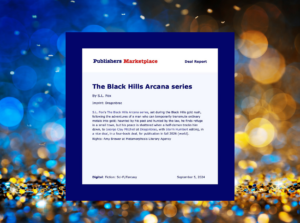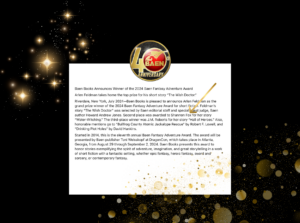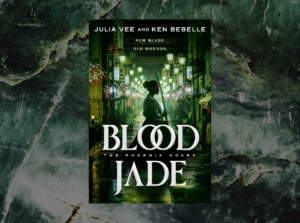The Heart is a Lonely Hunter by Carson McCullers
At its center is the deaf-mute John Singer, who becomes the confidant for various types of misfits in a Georgia mill town during the 1930s. Each one yearns for escape from small town life. When Singer’s mute companion goes insane, Singer moves into the Kelly house, where Mick Kelly, the book’s heroine (and loosely based on McCullers), finds solace in her music. Wonderfully attuned to the spiritual isolation that underlies the human condition, and with a deft sense for racial tensions in the South, McCullers spins a haunting, unforgettable story that gives voice to the rejected, the forgotten, and the mistreated — and, through Mick Kelly, gives voice to the quiet, intensely personal search for beauty.
Until I read February House by Sherill Tippins, I had never heard of Carson McCullers. Tippins’s novel provides the true story of a group of artists who lived together in a house in Brooklyn in the years before WWII. I fell in love with Carson and found in her a kindred soul-sister, an intense artist who became an overnight literary sensation at the age of 23.
The Heart is a Lonely Hunter did not disappoint. Shortly after I started reading this novel, I brought it to school with me and a classmate immediately started talking to me about how much she loved it. I finished the novel in three days after that, despite everything I’ve had to keep up with for school.
The novel is quietly moving, in the way that I imagine life in the South is. Slow-moving, but broad, like a hot and humid summer, the novel sweeps you up in its quiet brilliance. I loved the town that McCullers painted, with its quirky residents: the deaf-mute, the young girl on the cusp of adolescence, the old restaurant owner, the drunk, and the old African-American doctor with revolutionary ideas. An odd collection of characters to be sure, but they are each portrayed as well as the next. Told in shifting viewpoints, the novel gives you a great sense of life in this town as a year passes.
There are some works that, as you read them, you are struck by an extraordinary sense of precognition. For example, the old doctor at one point talks about leading one thousand African-Americans on a march to Washington D.C. Sound familiar? Keep in mind, this novel was published in 1940. In fact, Carson lived just long enough to witness MLK’s “I Have a Dream” speech.
I highly recommend this novel. I can’t quite say what exactly captured me about it, except that it was utterly beautiful and enchanting. It’s no wonder that such praise was lauded upon the young McCullers. This is truly the work of an accomplished, established writer. Certainly, not the work of a painfully young woman. In every way, McCullers defies expectations in The Heart is a Lonely Hunter, enchanting generations of Americans with her sad tale of the flotsam and jetsam of a Georgia mill town.
From The Heart is a Lonely Hunter:
Then suddenly he felt a quickening in him. His heart turned and he leaned against the counter for support. For in a swift radiance of illumination he saw a glimpse of human struggle and of valor. Of the endless fluid passage of humanity through endless time. And of those who labor of those who—one word only—love. His soul expanded. But for a moment only. For in him he felt a warning, a shaft of terror. Between the two worlds he was suspended. He saw that he was looking at his own in the counter glass before him. Sweat glistened on his temples and his face was contorted. One eye was opened wider than the other. The left eye delved narrowly into the past while the right gazed wide and affrighted into a future of blackness, error, and ruin.





